Klaus Schwab, founder and president of the World Economic Forum (WEF), announced the “Great Reset” last year with Prince Charles in May last year at their Davos meeting; this new beginning is nothing more than replacing and reforming the foundations and rules of the present world order. In their opinion, the current form of capitalism does not contribute to the peoples’ well-being and thus a new kind of capitalism must be forged – one that protects the environment and decreases social inequalities.
The Great Reset would usher in a new world order in the post-Covid era, which would mean political, ideological, and economic cohesion as well as a nationless world. Based on what Schwab and the lot have said, we can see that their big plans would introduce Marx and Engels’ great dream of global communism under some sort of a transnational, international ruling system. (This can’t exactly be called a proletarian dictatorship either, as the members of the world elite – from the Rothschild family to say, Bill Gates – can hardly be labelled proletarians; by replacing the word “proletarian” with elite, and keeping “dictatorship” we start to get closer to the truth.)
These hidden powers have now revealed themselves and are in the foreground. What the mainstream, PC-necessitating narrative has thus far labelled a delirious illusion, can now be read and heard in the “premier plan” from these gentlemen – from these big intentioned, powerful people. Of course, they will continue to say that Schwab has the interests of the greatest goodwill and philanthropy at heart, but these mantras aren’t worth much, at the very least because these men stand to gain from this “Great Reset”.
Instead, we should be paying more attention to the meaning behind many of Klaus Schwab’s remarks in interviews regarding his goal of a new, “transhumanist” world order.
First of all, let’s confirm the following: it is no longer a question that the global elite’s primary goal is to dismantle nations and nation-states and create a comprehensive, large-scale global government, which –according to their plans – will enable the handling and resolving of issues like social inequalities, climate change, unsustainable growth, migration and so on.
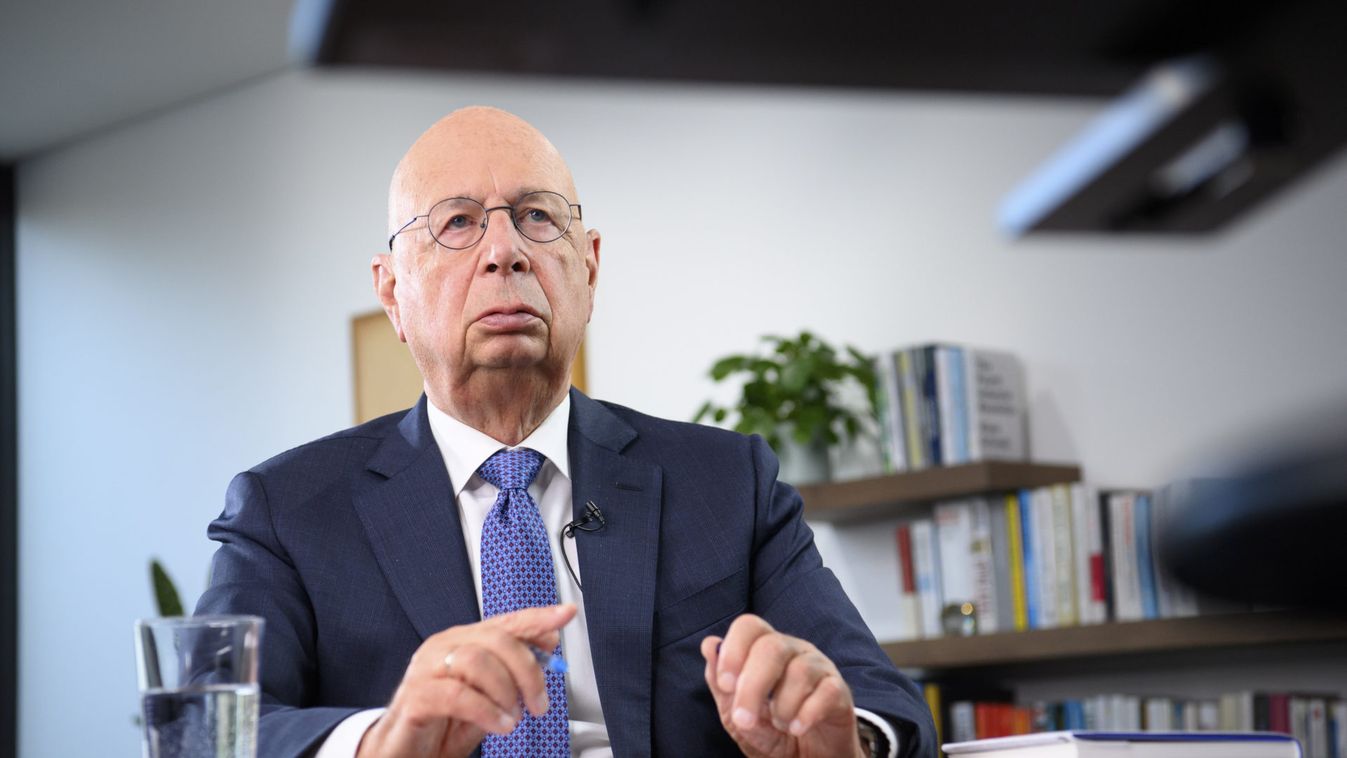
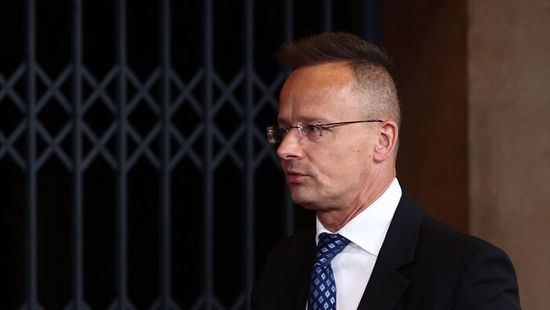
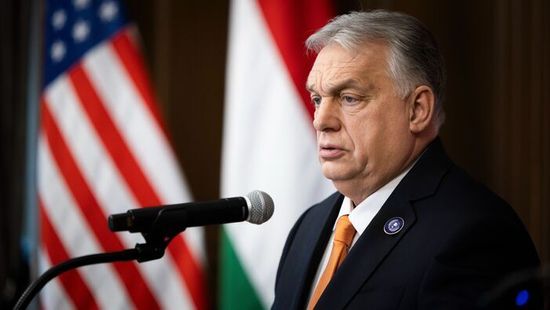
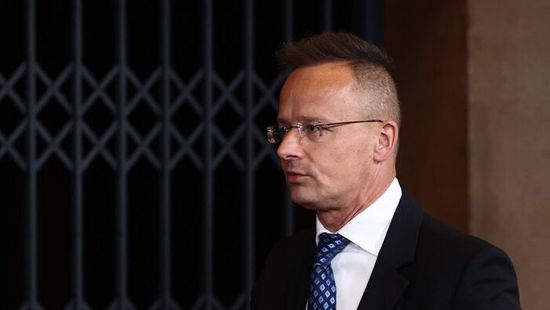
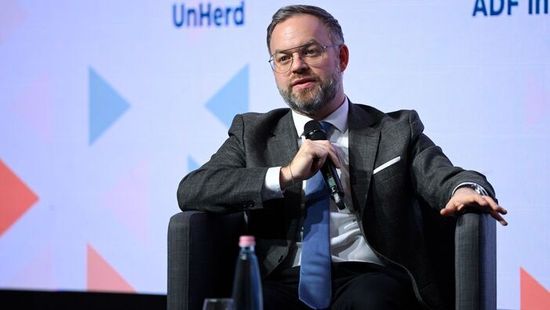

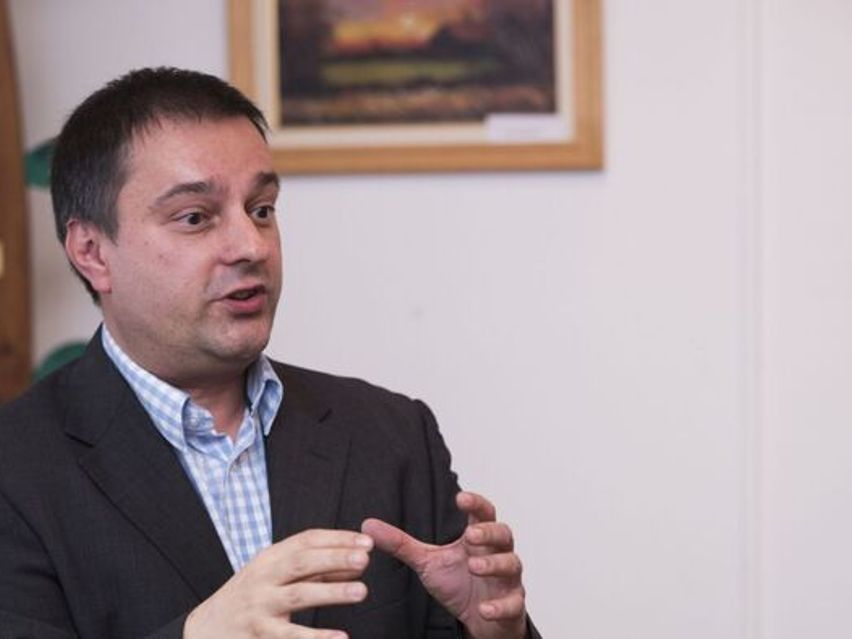

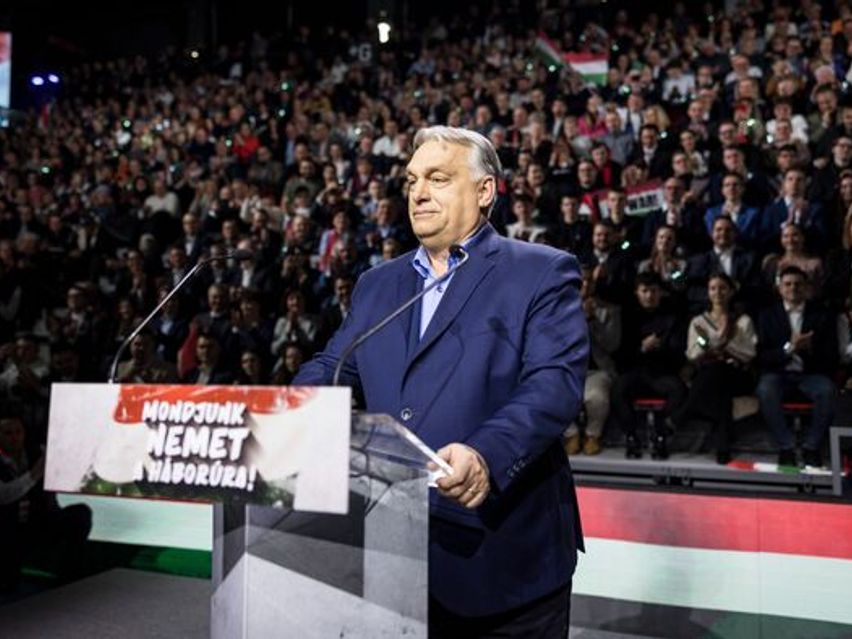




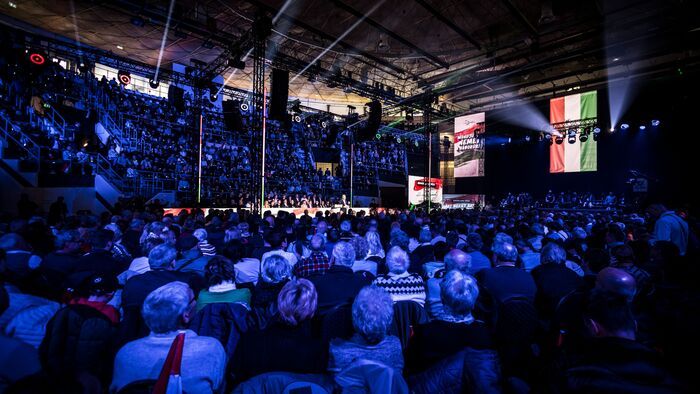
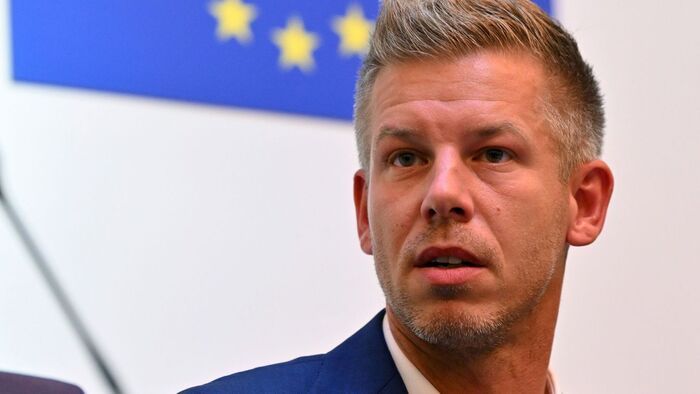
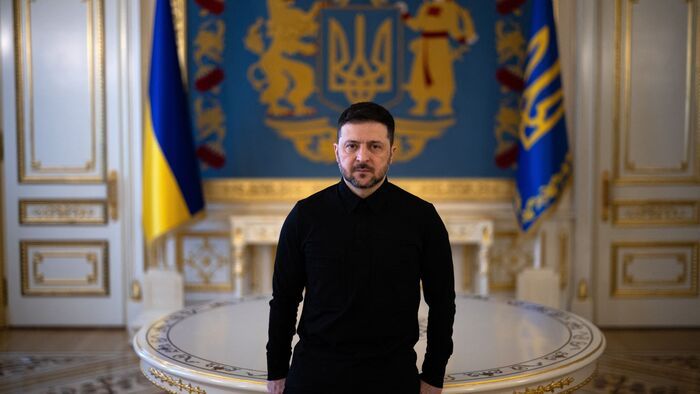
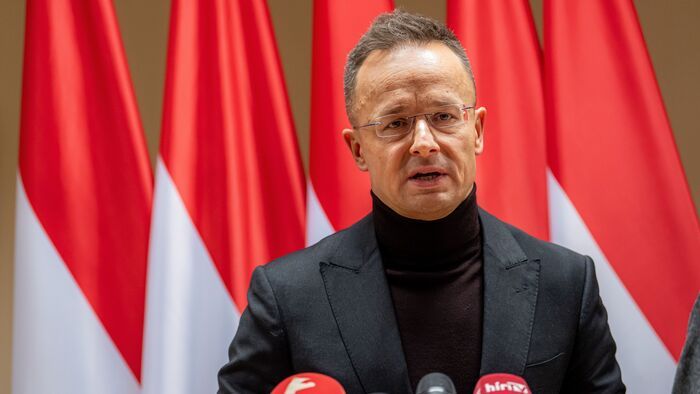
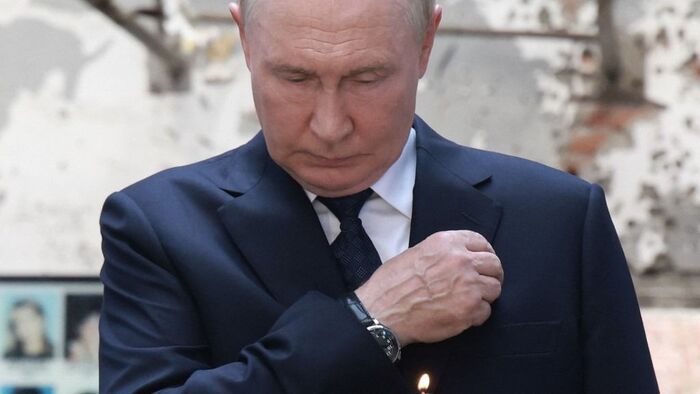




Szóljon hozzá!
Jelenleg csak a hozzászólások egy kis részét látja. Hozzászóláshoz és a további kommentek megtekintéséhez lépjen be, vagy regisztráljon!